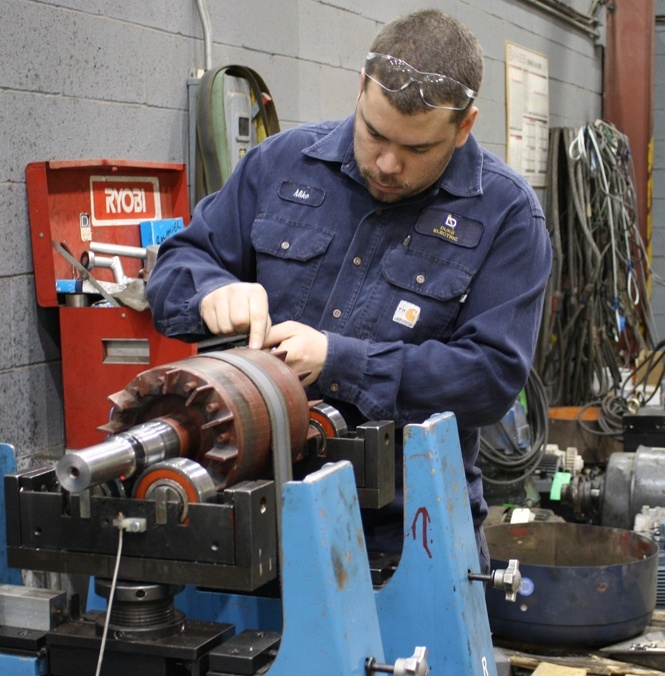6 questions to ask when an electric motor goes down February 22, 2020
Deciding whether to repair or replace a failed electric motor can be a tough one. We’ve put together these 6 questions to make the choice a bit easier.
Question #1 Is it the right motor for the application?
Many of the motors we repair are being used in ways and environments they weren’t designed for, which leads to premature failure. The moist, dusty air in a paper mill, for example, is hard on an open enclosure motor. A better choice is a totally enclosed fan-cooled motor that has weep or drain holes and space heaters. Standard T-frame motors routinely burn out in the brutal conditions of a steel mill, which is why we teamed up with WEG to design our CSA-approved custom ROT motor. In short, if your answer to the question “is it the right motor for the application” is “no,” it may be time to replace.
Question #2 Is the failure catastrophic?
If yes, replacement might be the way to go. Catastrophic failures can beat up the stator core, windings, rotor, shaft, bearings and end brackets to the point where the motor’s not worth fixing. Part B to this question is: “Has there been a catastrophic failure at some point before?” You might not know until the motor’s in the shop. If the answer is yes, this may be another reason for replacement if the damage is still impacting motor performance.
Need Motor Repiar Now?
Our CSA-Certified repair facility can help you get back up and running.
Question #3 Is the motor special?
If you’ve got a failed unicorn on your hands, replacement may not be practical. Find a repair shop that specializes in unicorns (like us, for example) to get it running again.
Question #4 How energy efficient is the motor?
If your failed motor is a power hog, replacing it with a NEMA Premium® (IE3) or EPAct (IE2) motor may make good sense.
Question #5 How much is the repair going to cost?
Some standard motors cost more to repair than replace. (Sad, but true.) In those cases, replacement makes sense. Other motors are so specialized that replacement will cost more than the repair. In those cases, get the motor fixed at a qualified motor shop that uses good repair practices.
Question #6 When can you get a replacement?
Standard motors are usually stock items, while larger motors and those with special features may take months to arrive, making repair more attractive.
Regardless of whether you’re going to repair or replace your failed electric motor, it’s a good idea to do a root cause failure analysis (RCFA). RCFA is just a fancy way of saying you’re looking into what caused the failure in the first place so you can fix it and make sure it doesn’t happen again (if possible). If you don’t do an RCFA, it's a lot like that definition of insanity: doing the same thing over and over again and expecting a different result.







